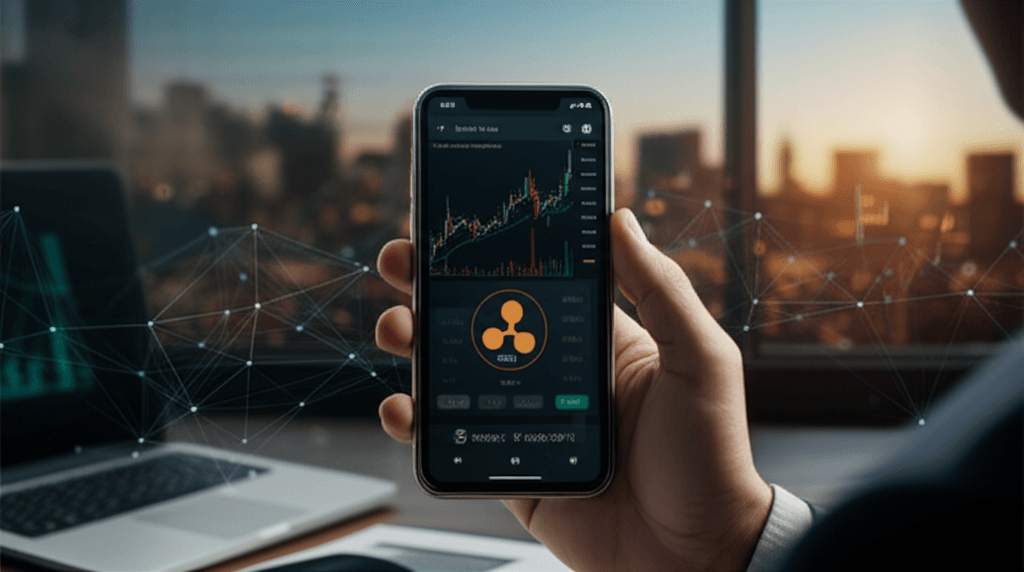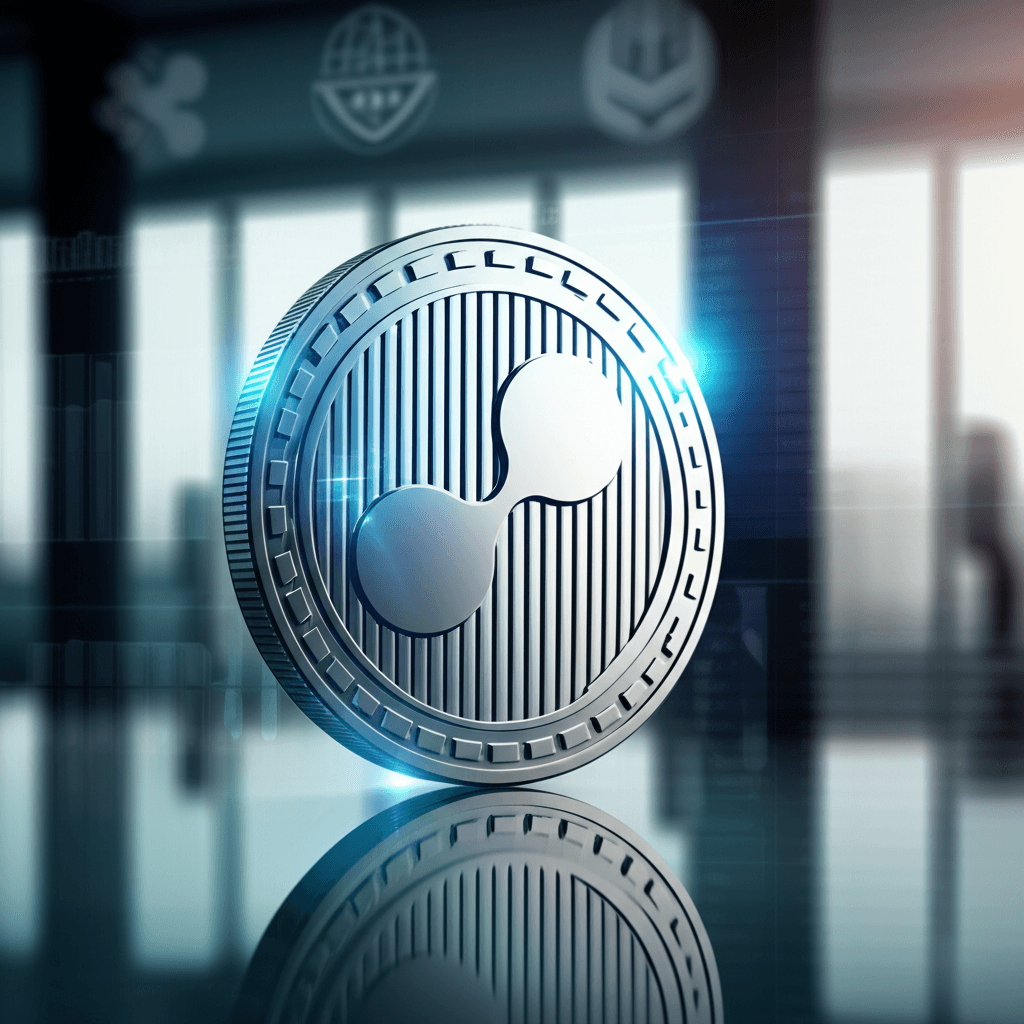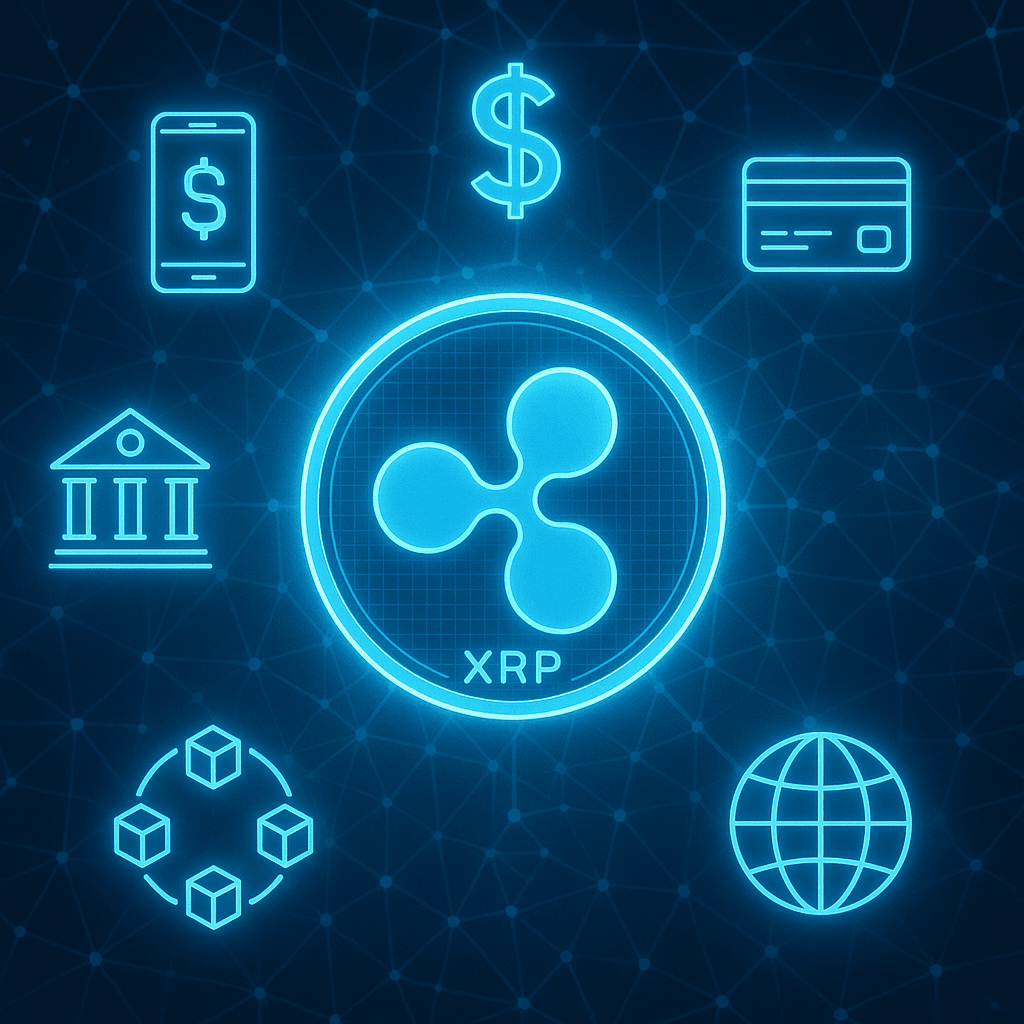Is XRP a Good Investment in 2025? What Every Investor Must Know!
Introduction

As the popularity of cryptocurrencies grows and Is XRP a good Investment, interest from new investors in coins like Ripple (XRP) has also increased. Many investors are putting large amounts of money into XRP. However, the question remains: what will be the future of XRP?
Let’s explore what Ripple is, how it works, the potential risks involved, and whether investing in it is a wise choice.
1. Some important facts about Ripple
XRP is a cryptocurrency that was launched in 2012 by Ripple Labs.
Ripple functions as a digital payment network that makes international transactions faster and cheaper.
XRP is not mined; it is a pre-mined coin with a total supply of 100 billion.
2. XRP Price and Chart
Ripple’s price chart has been very volatile over the past few years. In 2018, it reached an all-time high of $3.84. Since then, it has experienced many ups and downs.
The price is expected to be between ₹40 and ₹80 in 2025, but this depends entirely on market sentiment and legal rulings.
3. Should I invest in Ripple (XRP)?

More than 100 financial institutions have partnered with Ripple, and this number is steadily increasing.
However, it faces several challenges, the biggest of which is competition and technological change.
In the future, payment systems may emerge that are faster, cheaper, and better than Ripple, which could reduce or completely eliminate the need for XRP.
Additionally, many banks and institutions are creating their own cryptocurrencies, which could diminish Ripple’s share even further.
4. Risk Factors of XRP

Government regulations and restrictions
Some countries are banning cryptocurrencies or imposing strict regulations. The Indian government has also been warning investors about the risks associated with cryptocurrencies.
Risk of centralization
XRP cannot be mined. Its entire supply is already available. The founders of Ripple still hold 20 billion XRP, and about 67% of the total 80 billion supply is under their control.
This means they can exert significant influence over XRP prices. If they release a large number of coins into the market, the prices could drop suddenly.
Speculative demand
The demand for XRP largely relies on rumors and speculative markets. If interest shifts or rumors cease, the XRP bubble may burst.
5. What are the alternatives to XRP?
If you want a safer investment, consider traditional options like mutual funds.
Mutual funds are managed by professionals and have a calculated risk.
For those willing to take more risk, small-cap funds might be a better choice. Many small-cap funds have delivered returns of over 60% in the past year.
6. How does Ripple work?
Ripple focuses more on its payment network than on the XRP coin. Ripple is an open-source, peer-to-peer, and decentralized network that works with any currency, including USD, Bitcoin, Yen, or Litecoin.
The Ripple network uses a medium called “Gateway” to validate transactions between two parties. It acts as a type of credit intermediary.
Each currency has a separate gateway, such as:
– CAD: bluzelle (CAD)
– BTC: bitstamp (Bitcoin)
– USD: snapswap (USD)
Transactions in the Ripple network are confirmed in about 5 seconds, which is much quicker than the banking system.
While transaction records are stored on a public blockchain, they are not linked to personal identities. However, this data is at risk of de-anonymization.
7. Advantages of Ripple
- – Fast and low-cost international payments
- – Connected to the banking network
- – Useful as a bridge currency
- – Being a pre-mined coin does not waste energy
- – Transaction speed of 3-5 seconds
8. History of Ripple (XRP)
Ripple was created in 2012 by Chris Larsen and Jed McCaleb. Its aim was to simplify and reduce the cost of the banking system.
In 2014, Fidor Bank in Germany became the first bank to adopt the Ripple network.
Ripple co-founder Chris Larsen stated,
“Ripple gives banks a point-to-point and transparent system for transfers that saves them from paying huge bank fees.”
Conclusion
Ripple (XRP) operates on a strong technology and network, but the risks are significant. Its future depends on many factors, including technological competition, government policies, and investor sentiment.
Investors like Warren Buffett have voiced their concerns about cryptocurrencies. He has stated,
“Cryptocurrencies will come to a bad end. I can’t say when and how, but it won’t end well.”
The Indian government has also been warning investors about the irregularities and risks in the crypto market.
Our advice is that if you prefer not to take too much risk, consider options like mutual funds and small-cap funds.
Cashmora's advice
If you want to invest safely and wisely, open a free Demat account now and learn how to make significant gains from mutual funds.
Every day at Cashmora.com, we provide you with investment tips.
Share via:




Thanks for sharing. I read many of your blog posts, cool, your blog is very good.